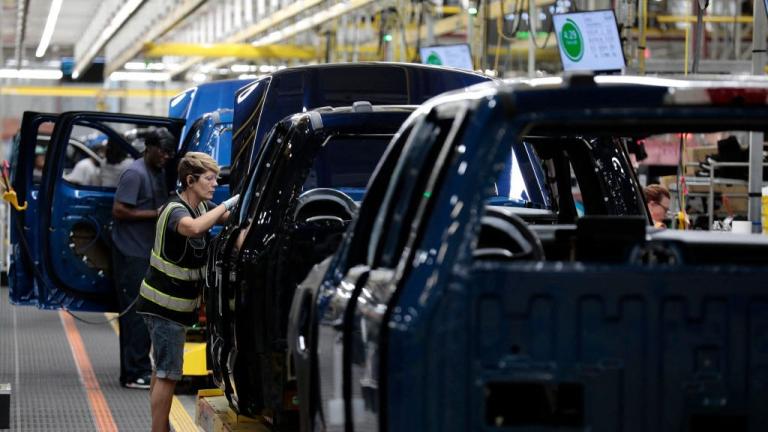This is the third in a series; see parts one and two.
To briefly recap:
- Simplicity, efficiency, and political buy-in are important elements of climate policy, but if you want the first, you can only get one of the other two.
- Peter Barnes’ cap-and-dividend proposal gets simplicity and political buy-in; Sean Casten’s output-based standards get simplicity and efficiency.
Which should we prefer? The answer depends in part on how you think about climate policy, not the verb of it — obviously it’s supposed to reduce GHG emissions — but the adverb of it. That is: reduce them in what way? Peter thinks the paramount adverb is fairly, with the benefits broadly and equitably shared. Sean thinks it is efficiently, with capital routed directly to the lowest cost (or highest profit) reductions.
Another way of looking at: Peter wants to make sure the reduction program is enduring, integrated irreversibly into the sociopolitical fabric; Sean wants to make it is as fast and cheap as possible. Sean sees fairness as a worthy goal but would address it outside of climate policy; Peter see capital investment in renewables and efficiency as a worthy goal, but would address it ouside of climate policy.
Anything left out of carbon policy could conceivably be addressed under the broader rubric of energy or social policy. There are means of compensating the hardest hit and strengthening the social safety net outside of climate policy. And it’s not hard to imagine a system of energy investment “carrots,” more or less modeled along Sean’s output-based lines, outside climate policy.
So in the end there are a number of ways to reach the goals we all share. The question specifically is what to write into climate legislation. On that score, I find myself leaning slightly in the direction of C&D, for the following sketchy and incomplete reasons.
• Sean frequently reminds us that emission reduction will be profitable, and that we should quit talking so much about pain and how to share it. I basically buy that. The question is, on what time scale? To make it profitable right out of the gate, you need not only output-based standards but some fairly extensive regulatory reform that eliminates barriers to investment, particularly around electrical utilities, and some sizable public investments in infrastructure, particularly around the electrical grid.
In many ways, those reforms and investments are as difficult to secure as the carbon policy itself. In their absence, there could be a regressive hit for the first few years, and in a jittery, recessionary economy, that puts the entire program in great political peril. (To quote Shakespeare, what profit a carbon policy if it shall gain macroeconomic efficiency and lose its Congressional authorization?)
• C&D would not solve the problem of driving sufficient investment to carbon reduction projects and research. That’s a fight we’d have to have separately; in the end, much of the investment would pass through the suboptimal filter of gov’t appropriations, and we’d lose some efficiency. But the likelihood of getting reasonably decent emission-reduction investment outside the purview of climate policy strikes me as greater than the likelihood of getting progressive social investment outside climate policy.
• Though it would not solve our energy problems, C&D would work like a gravitational field — insistently, reliably. It would not directly drive investment in efficiency and renewables, but it would help create a stable, predictable investment environment. It would allow for investors to plan for the long term rather than depending on fluctuating subsidies, tax breaks, tax credits, and other such fickle gimcrackery.
In the end, what I want most out of climate policy is inevitability. I want the target locked in; the schedule made public; and the citizenry fully on board for the long haul. Nothing is going to lock in public support like a steady stream of tangible benefits. You can view that as noble, returning the lost value of the atmosphere to its rightful owners. You can view it as cynical, playing on people’s greed. What you won’t view it as, if you’re a politician, is something you want to f*ck with.
So I guess that’s what it comes down to for me, for now: I’d be willing to sacrifice some macroeconomic efficiency to get inevitability.


